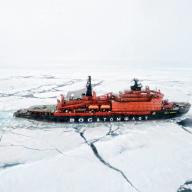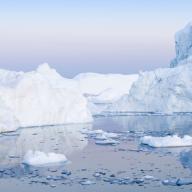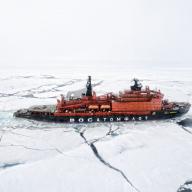Russia’s new Arctic policy document signals continuity rather than change
On 6 March 2020, Russian President Vladimir Putin approved the ‘Basic Principles of Russian Federation State Policy in the Arctic to 2035’ (Basic Principles 2035). The new policy document defines Russia’s Arctic interests, goals and mechanisms of implementation for the next 15 years. The document is published at a time where tensions between Russia and its Arctic neighbours are increasing and just ahead of Russia chairing the Arctic Council in 2021.


